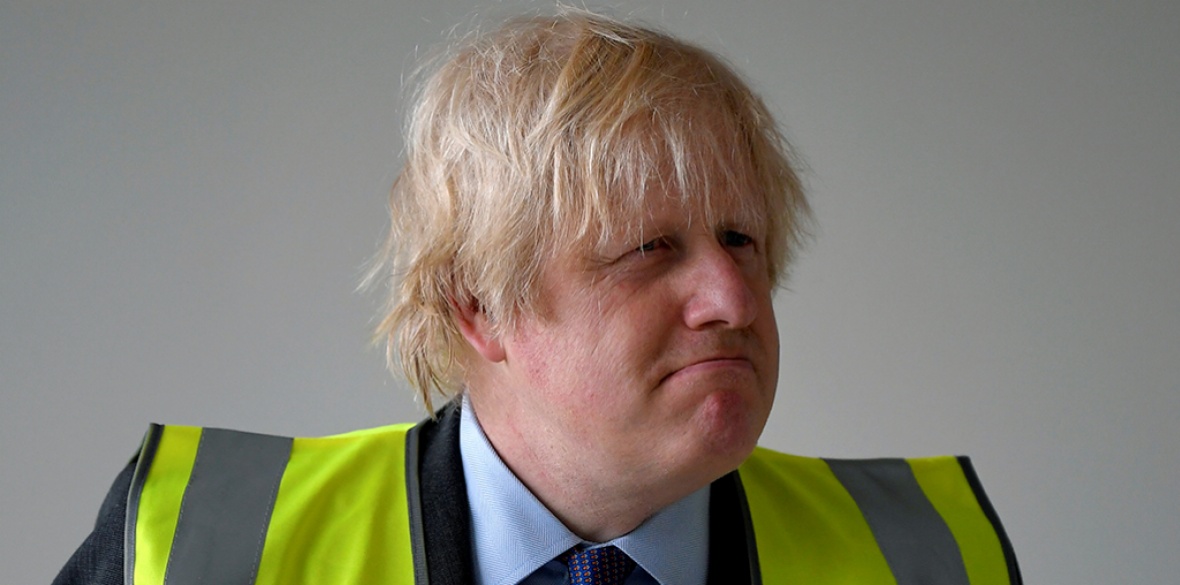REFORMS to the machinery of government excite little interest in the working class and not much more in the organised labour movement.
Workers experience its effects — the increasingly unresponsive bureaucracies of the diminished welfare state, the day-to-day consequences of deregulation and the transfer of state functions to the corporate sector — as the almost universally negative emanations of a hostile entity.
And one, moreover, from which they are excluded except at the margins and as subordinates in a hierarchy of control.
It is very rare for a Labour politician to attempt much in the way of substantial reform, and as Tony Benn’s diaries attest, any policy proposal that runs counter to the interests of the ruling class encounters any manner of obstacles.
But changes at the top of the state apparatus are under way, partly as a consequence of the stresses revealed by the coronavirus and as the natural adjustments made inevitable by the shift in the centre of political gravity among the political class which saw the European integrationist tendency displaced.
This has thoroughgoing effects in the Foreign Office and defence and intelligence sectors but its most profound consequences are felt at the centre, in the Cabinet Office and in the replacement of the Cabinet secretary Sir Mark Sedwill who combines his duties as head of the Civil Service with that of chief security adviser.
The functionary in the frame for the hived-off security job is Boris Johnson’s main Brexit negotiator David Frost and this is already exciting some controversy among the brass hats and spooks where the seamless integration of Britain’s security state with the broader imperial Atlantic and European alliance is a core value.
There is a highly confected and elaborately coded controversy over the “politicisation” of the supposedly “independent” Civil Service as if that entity had, apart from its own institutional imperatives, any political purpose other than the continuity of the capitalist state.
The Prime Minister’s mouthpiece(s) are assiduously promoting the idea that the new appointment for the Cabinet Office job will be from serving and former senior civil servants.
This is a pool of undoubted talent from which it will be easy to find a functionary flexible enough to meet the expectations of the regime.
Johnson is not exactly on the ropes but his essential utility was in reconstituting the electoral base of the Tory Party and its reconstruction as a reliable instrument of government.
Attention to detail, consistency across a broad policy front and firm management of human and material resources are not in his tool kit.
While responsibility for the errors and evasions of the last few months are widely distributed across the Cabinet, Johnson carries the can for the failures of overall direction.
Michael Gove’s weekend speech on the reform of the Civil Service can be read as a celebration of the new alignments that Sedwill’s departure signifies. But it is more than that.
The concentration of extra powers at the centre is seen as necessary to carry through the changes that the combination of a deepening systemic crisis of the economy combined with the management of the Covid-19 crisis makes necessary.
Not all the traditional instruments of control and command are seen as sufficient for these tasks. When a leadership contender builds the case for the reform of the government machine around Gramsci’s famous insight that “the crisis consists precisely in the fact that the inherited is dying — and the new cannot be born; in this interregnum a great variety of morbid symptoms appear” we know that the capitalist crisis is as real for our ruling class as it is for us.












